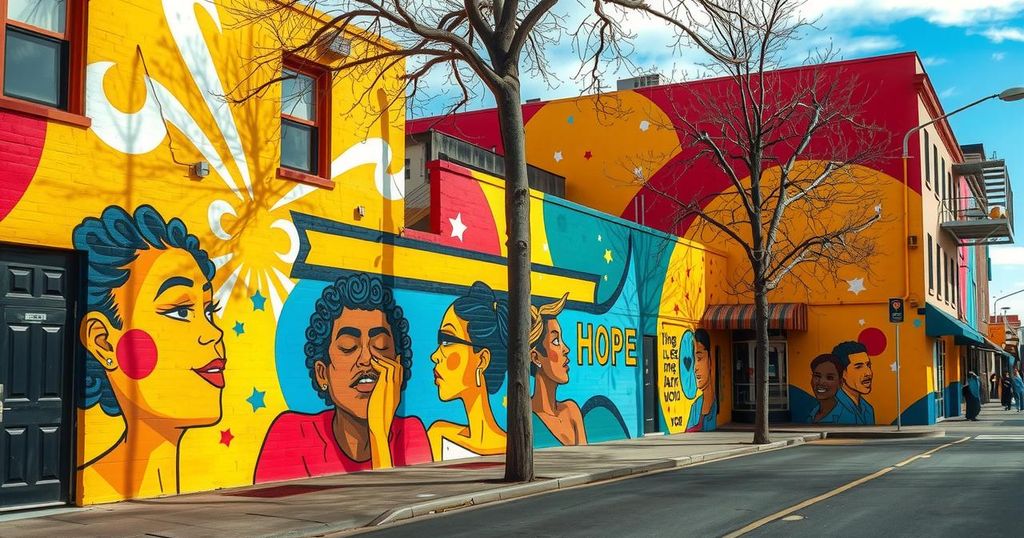Harm Reduction Programs in Mexico: A Progressive Approach to Drug Use

Mexico City has initiated harm reduction strategies at music festivals, notably through the “Checa tu Sustancia” booth, offering free drug testing to attendees. The Instituto RIA spearheads these efforts, prioritizing public health and community education. The initiative empowers users and attempts to reduce the stigma surrounding drug consumption.
In Mexico City, recent music festivals have integrated drug harm reduction initiatives, prominently featuring the booth “Checa tu Sustancia” (Check Your Substance). This program allows festival attendees to undergo free and anonymous drug testing, aiming to protect their health by detecting harmful adulterants like fentanyl in various substances. The initiative is led by the Instituto RIA, a drug policy advocacy organization that promotes safety and informed choices among consumers by emphasizing a public health narrative rather than a criminal one.
At the festival, trained volunteers utilized reagents and test strips to identify drugs and their safety profiles, providing attendees with critical information about their substances. A variety of psychoactive drugs, including MDMA and cocaine, were tested for purity and safety, and educational materials were provided to inform users about risk reduction strategies.
Some festival-goers expressed initial apprehension toward the initiative, yet others were grateful for the resources provided. Participants were encouraged to make informed decisions based on available data on dosages, interactions, and potential risks inherent in their substances. The innovative approach adopted by the Instituto RIA seeks to foster a respectful and non-judgmental environment for drug users.
While traditional messages around drug use focus on abstinence, harm reduction strategies seek to minimize the negative consequences of drug consumption through education and community support. This perspective enables open conversations about user experiences, challenges perceived societal stigma, and encourages informed decision-making among users.
Official anti-drug campaigns in Mexico, including a recent initiative by President Claudia Sheinbaum, highlight dangers associated with drug use and promote abstinence through dire messaging. However, harm reduction advocates argue that addressing underlying issues related to drug use, such as poverty, mental health, and community support, is essential for effective interventions.
Programs like PrevenCasa also prove that harm reduction efforts extend far beyond testing substances. They provide supplies, emotional support, and community events for marginalized groups, emphasizing the importance of dignity and care for people in need. This holistic approach contrasts starkly with punitive drug policies that often neglect the complexities of drug usage.
As harm reduction efforts unveil their true impact, statements from veterans of the initiatives reflect a hope for a reformed perception of drug use. They highlight the importance of collective care and community engagement while breaking down social barriers that contribute to isolation and fear related to drug consumption.
Mexico’s harm reduction programs, particularly through the “Checa tu Sustancia” initiative, illustrate a progressive response to drug use that prioritizes public health and education over stigmatization and criminalization. By providing safe testing and vital information, they empower users to make informed choices. Ultimately, initiatives that focus on reducing harm while fostering community support and reducing stigma are essential in establishing healthier responses to substance consumption.
Original Source: apnews.com







